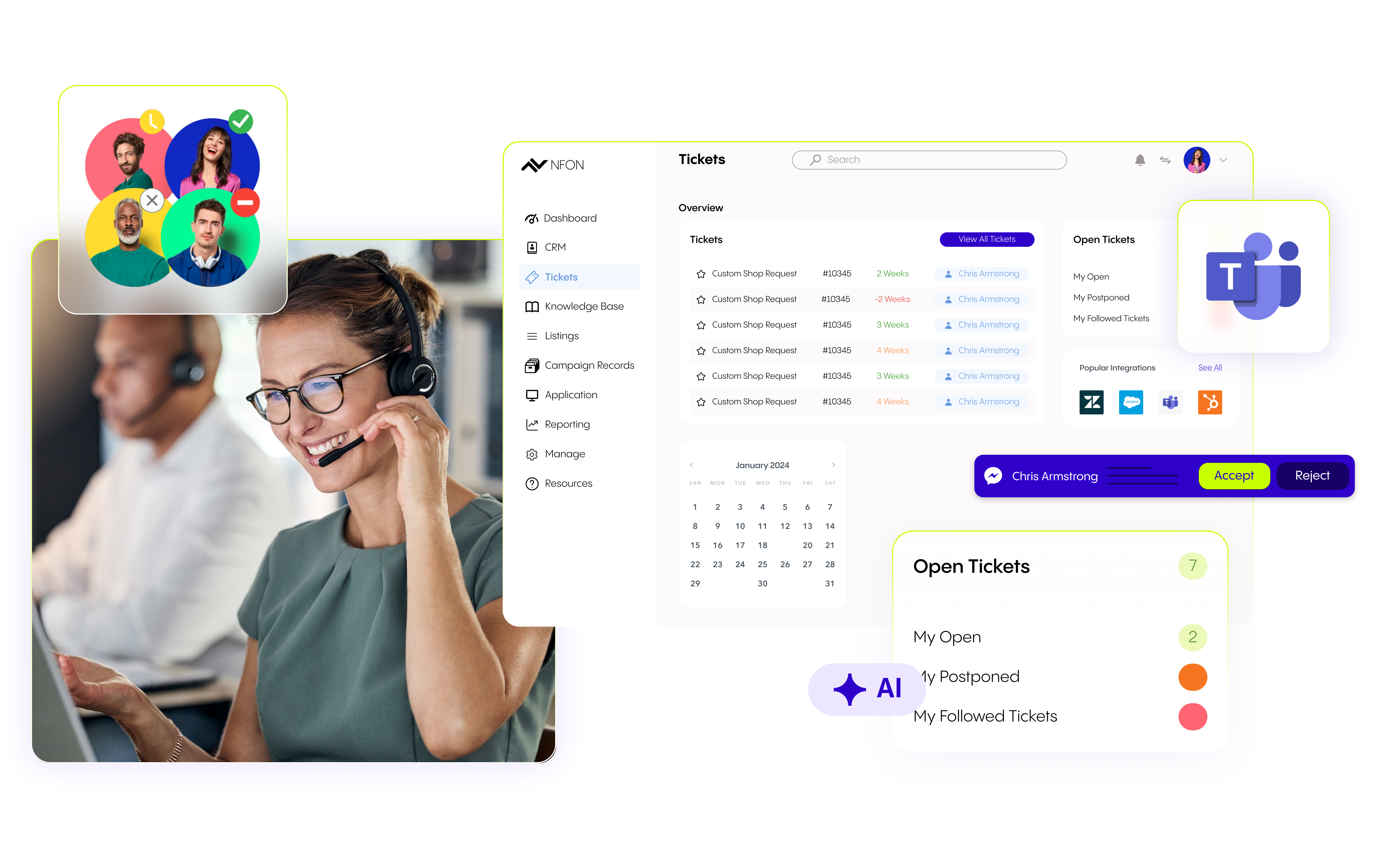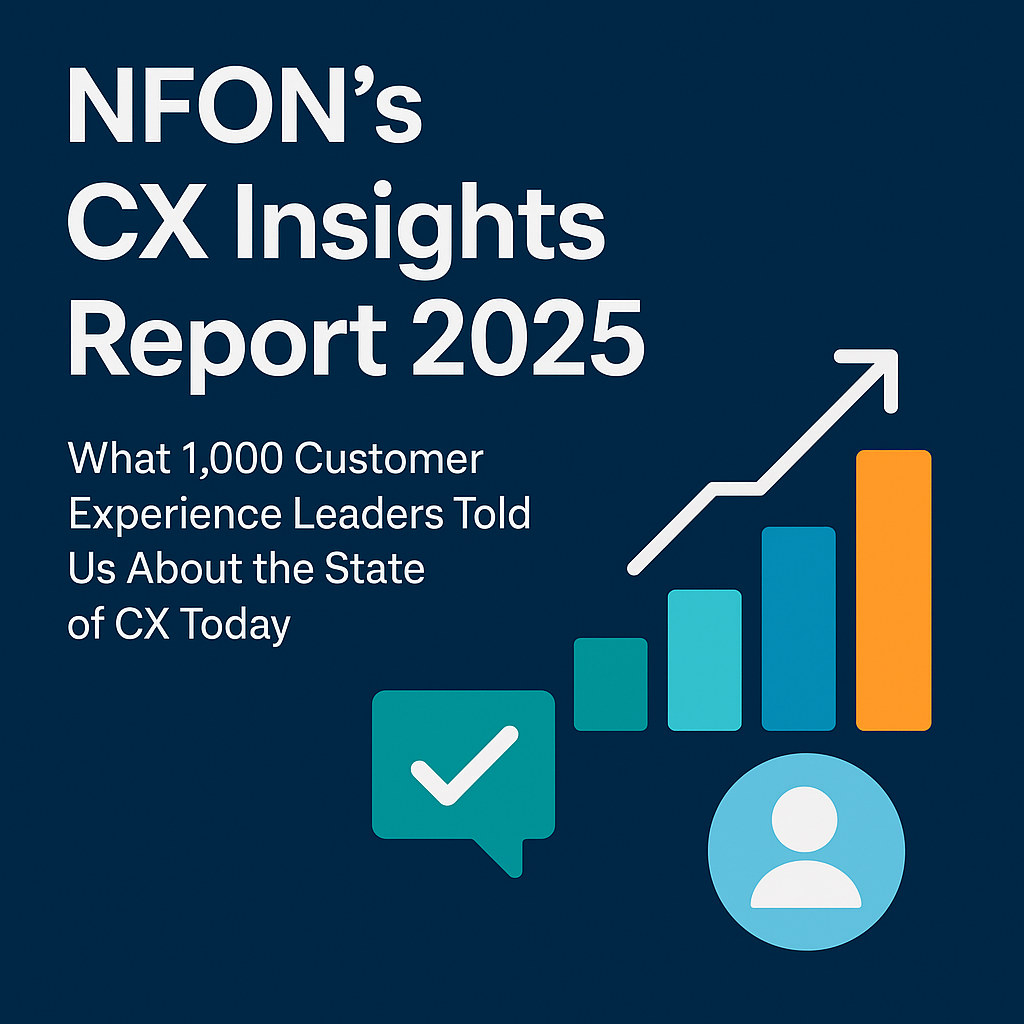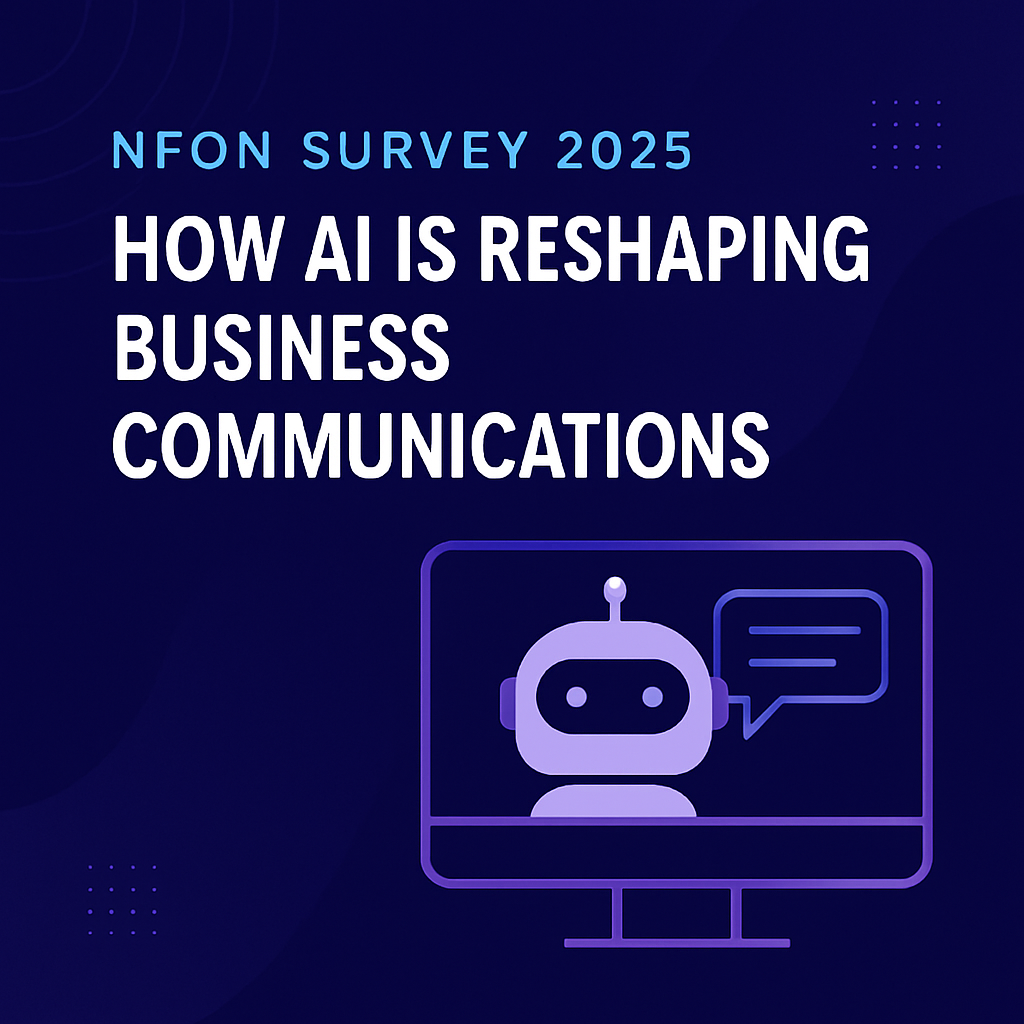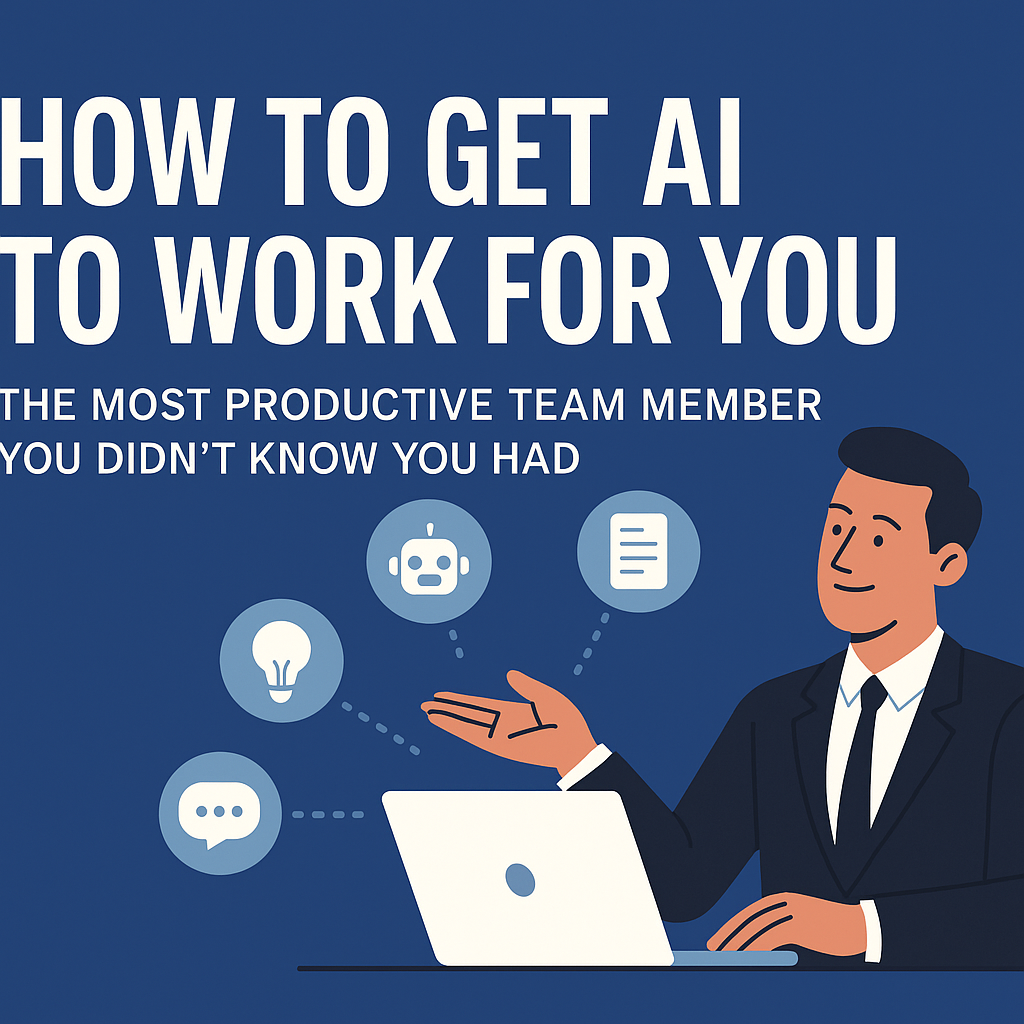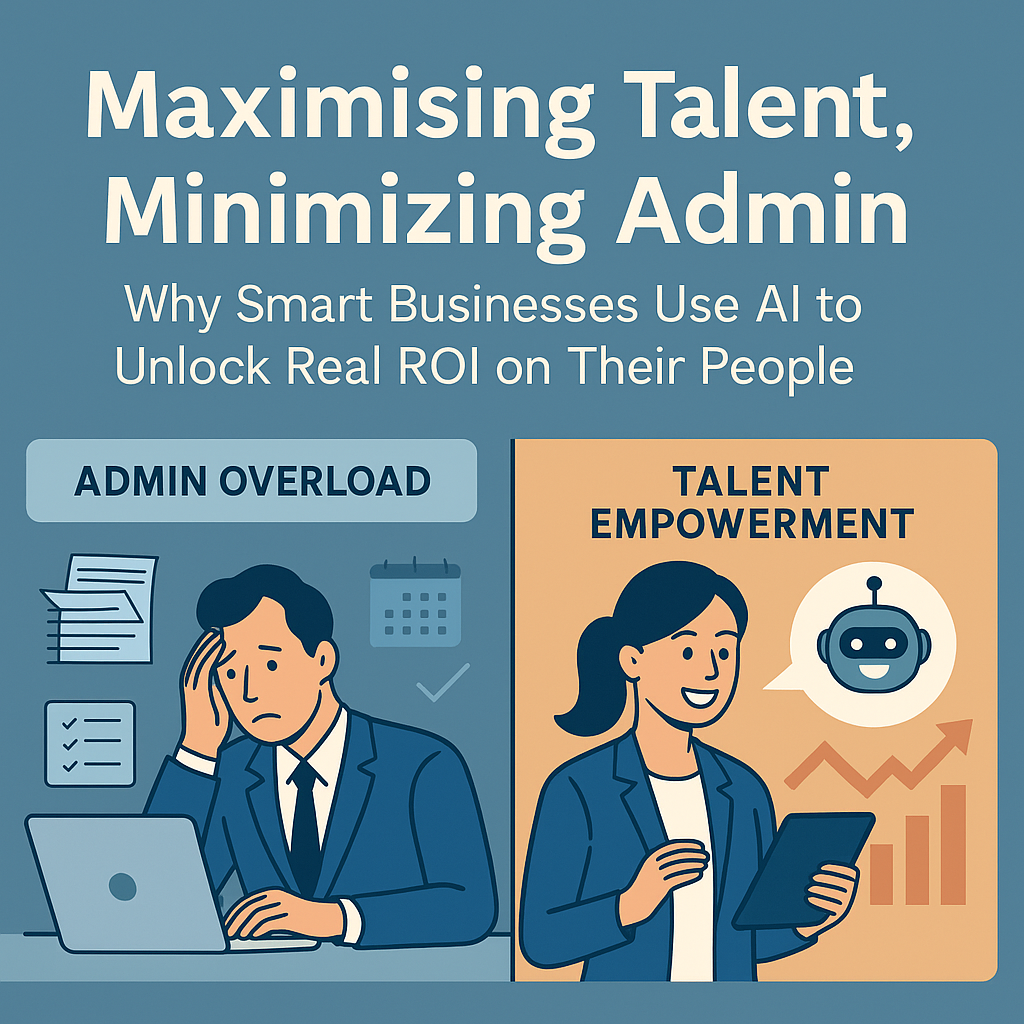The mental health and wellbeing of civil service staff and citizens was paramount long before the COVID-19 pandemic. However, the shift many of us have experienced in our working behaviours over the last 12 months has given fresh energy and perspective to important conversations around mental health in workspaces and our everyday lives, a trend seen across the entire public sector and beyond. As the vital link between local government and communities, County and District councils across the UK have played a central frontline role in leading the conversation on mental health.
This blog seeks to provide a snapshot into the question: what influence has technology had on mental health service provision, and what developments in local government can we expect to support mental health in the future?
Mental health in the workplace
According to CIPD, professional HR body and registered charity for people at work, mental health related-issues are the number one cause of long-term sickness in UK workplaces. In this context, it is perhaps unsurprising that mental health issues have worsened over the past 12 months during the peak of coronavirus cases. Recent research by the mental health charity, Mind, reported that more than half of adults (60%) and over two-thirds of young people (68%) said their mental health had worsened during lockdown. Young people and those who were on the Government furlough scheme were shown to have been the worst affected.
The strain of the pandemic placed a greater emphasis on the responsibility of local mental health services, the majority of which moved online during the pandemic. Technology proved to be a necessary lifeline for citizens. Mental health services are delivered by multiple public sector and charitable organisations, therefore an integrated and collaborative approach with consistent communication is required.
“Mental health cannot be tackled by any organisation working in isolation. Councils, the NHS, and the voluntary and community sector (VCS) must come together with people who use services (children, young people and adults), carers and advocates to ensure that each area has a joined-up and coherent strategy, and that services and approaches are delivered in an integrated way.”
- Local Government Association ‘Mental health: How do you know your council is doing all it can to improve mental health?’ report
Mental health in the social space
Nearly all councils in the UK use Twitter, Facebook and Instagram to promote the work they do, and these platforms have been instrumental in connecting communities and building trust during lockdown.
Social media enables councils to gain a more intimate and direct understanding of what their citizens need by analysing behaviour analytics. It is not a simple case of pushing various posts on social media, however. To be effective, social media campaigns run by councils should be outcome-specific and driven by well-researched data that is helpful to both councils and citizens alike.
Through this type of innovative marketing, councils are able to accurately gauge what information or services citizens need, what type of content they engage with, and how they prefer to be communicated with. Local councils can then provide people with focused information on mental health support and services when they urgently need them. This insight into citizen behaviour is relevant to the application of all council modes of communication with citizens, including through management of phone calls, emails and the collection of data.
Mental health initiatives now and in future
In addition to the ability to connect and understand their citizens, social media platforms provide councils with valuable opportunities to raise awareness for mental health. In London alone, an estimated two million people experience mental health issues every year, with three quarters of them living with depression or anxiety without treatment. In response to the growing burden of poor mental health, 18 local councils and all the CCGs across London joined together to launch a digital wellbeing service known as ‘Good Thinking’.
Launched in autumn 2017, ‘Good Thinking’ is a 24/7 online service which connects local, regional and national experts in mental health with citizens most in need. It offers self-assessment and provides people with advice of where they can go for more help, whether it be online, on apps, or on websites. It is an initiative which connects public services together, and opens the door for greater mental health services in virtual spaces.
The demand for similar online mental health services peaked during the pandemic. For all the challenges the pandemic presented to our health and wellbeing, it also brought notable positive outcomes; technology has increased accessibility to public mental health services and there is more virtual support and resources than there has ever been.
There is no doubt we will be seeing the development and launch of more virtual mental health services through technology-driven projects as we navigate the months and years ahead. This will be a legacy of the pandemic, and the role that local government has played will set a precedent for innovative and empathetic approaches to help citizens.
NFON: Connecting citizens through technology
NFON’s collaborative technology platform, Cloudya, is making meaningful contributions to the recent surge in need for mental health provision.
During the pandemic, NFON’s Cloudya platform supported the delivery of vital mental health services. In Munich, for example, 160 psychotherapists were able to use Cloudya to give vital counselling to isolated citizens, who benefitted from the services free of charge. Cloudya’s built-in system integration with advanced voice capabilities enabled a seamless and human connection to take place between healthcare providers and those most in need of help, and NFON were proud to support the continuation of these services.
Through cloud technology, we can generate mental health services which are joined-up and collaborative across the UK public sector, where NHS organisations to local councils to mental health charities can work in unison through integrated communications platforms. It is through cloud technology that we can provide greater quality of care for citizens by focussing services around accessibility and connectivity. Public sector employees and citizens alike are able to communicate effectively with each other across a range of devices any time of day and at any location, enabling these integral services to take place.
There is a beacon of opportunity to support more mental health services through cloud technology, and this is only the beginning.
Click here to find out more about how NFON solutions help organisations in the public sector.

